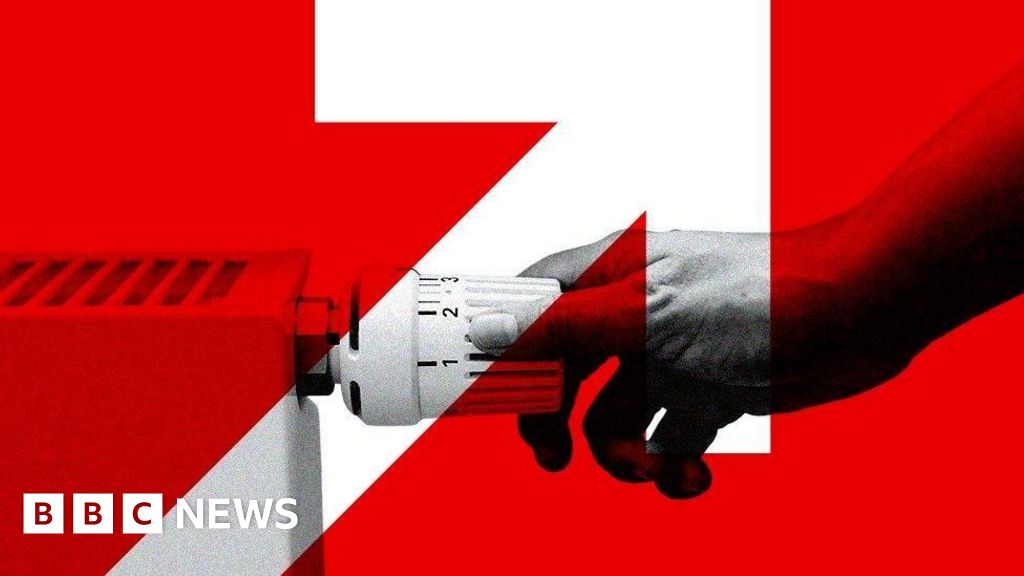ARTICLE AD BOX
 Image source, Getty Images
Image source, Getty Images
By Kevin Peachey
Cost of living correspondent
The state pension is likely to rise by 8.5% in April after data crucial to the so-called triple lock was published.
The policy means the increase in the state pension is the highest of average earnings, inflation or 2.5%.
Those earnings - which are total pay, including bonuses - were recorded at 8.5%, and the inflation figure is unlikely to be higher.
That means the state pension is likely to rise by 8.5%, which would be a weekly increase of £13.30.
It means there is set to be an annual increase of £691.60 on the basic state pension - taking the total for the year to £8,814.
For those receiving the new flat-rate state pension, going to those who reached state pension age after April 2016, the rise is set to be £17.35 a week, or £902.20 a year - taking the total for the year to £11,502.
This is set to be the second significant increase in the state pension in two years, after a 10.1% increase in April of this year.
The triple lock is designed to ensure pensioners, especially if they rely solely on the state pension, are able to afford rising prices, or keep pace with the increases in the working population's wages.
However, there have been questions over whether the cost of funding the policy is too high, and whether the government could better spend the money elsewhere.
The debate over fairness may be heightened as benefits are not likely to rise quite as much, as these are generally pegged to the rate of inflation which is expected to be slightly lower.
Neither the Conservatives nor Labour have committed to maintaining the triple lock in their next manifesto.
Shadow deputy prime minister Angela Rayner repeatedly refused to say whether a Labour government would keep it, when asked on BBC Breakfast.
"We will have to see where we are when we get to a general election and see the finances. We will not make unfunded spending commitments," she said.
These two significant increases are likely to drag hundreds of thousands more pensioners into paying income tax, the thresholds of which have not risen as fast.
Sir Steve Webb, a former pensions minister and now partner at consultants LCP, estimated that the number of taxpaying pensioners would rise by around 650,000 to 9.15 million. He described that as a stealth tax on many pensioners.
The Institute for Fiscal Studies, an economic think tank, said that the triple lock policy carried a danger that people would overestimate what would be provided under the state pension in the future.
Meanwhile Becky O'Connor, director of public affairs at pension platform PensionBee, said: "A state pension pay rise for pensioners next year will make the triple lock promise more costly than ever and call into question whether this mechanism of guaranteeing increases can continue.
"Any knee-jerk, poorly considered reaction by the government to deal with the rising state pension bill now risks harming pensioners for decades to come. Without increases in line with earnings or inflation, they would be at risk of real income falls in future."

 1 year ago
39
1 year ago
39








 English (US) ·
English (US) ·